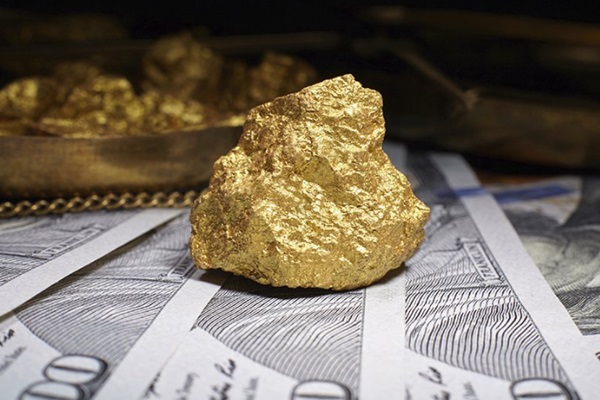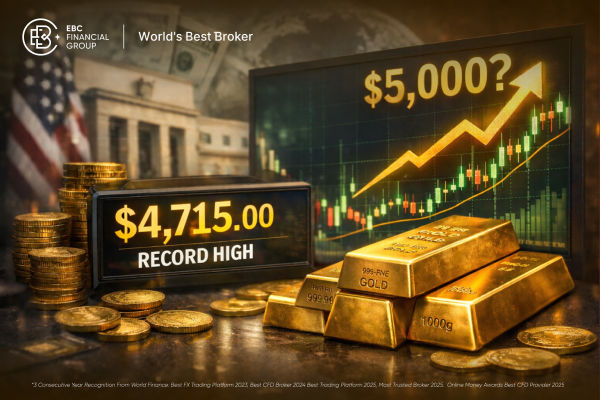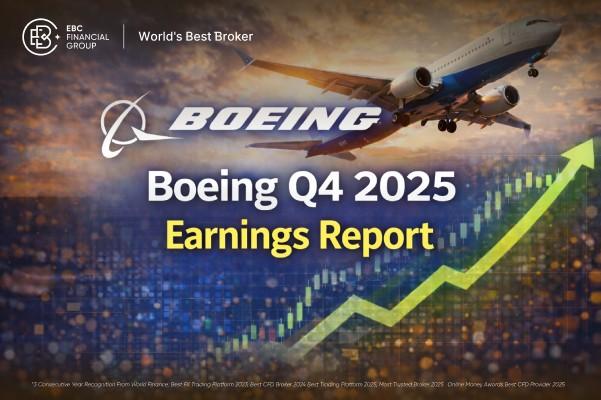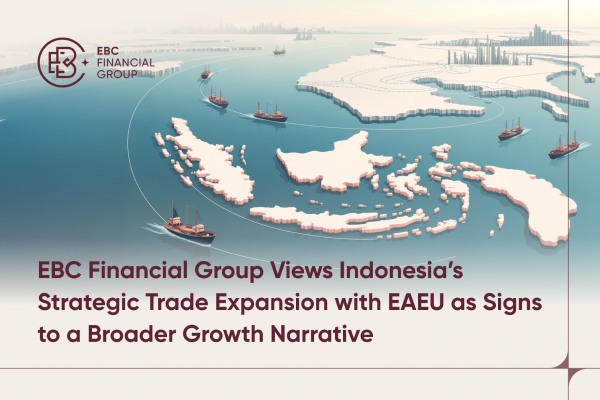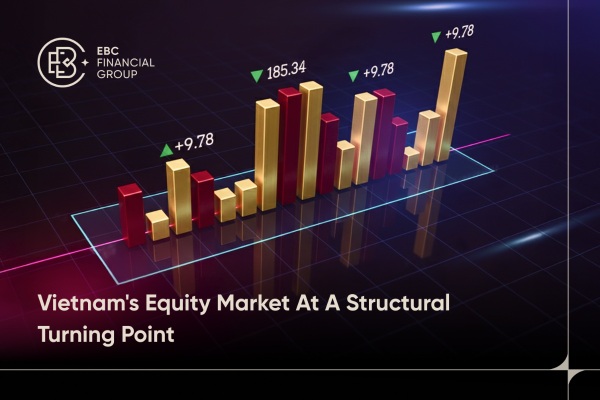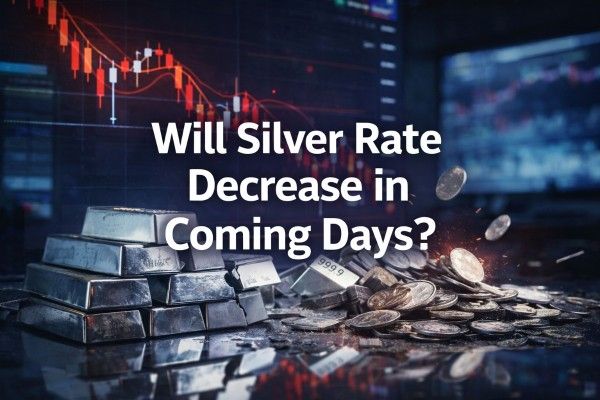Faced with heightened geopolitical uncertainty and shifting global power dynamics, central banks are rapidly adjusting their reserve strategies. One notable trend has emerged in recent months: gold is making a comeback. Once viewed primarily as a crisis hedge, the precious metal has now surpassed the euro to become the world's second-largest reserve asset.
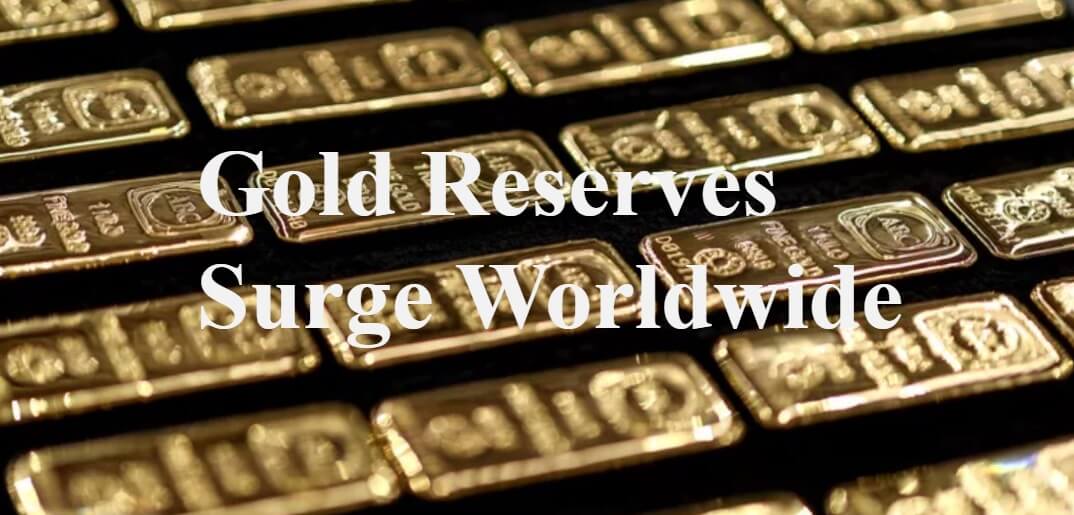
Gold has officially surpassed the euro to become the world's second-largest reserve asset, according to new figures released this week. Central banks worldwide now hold more gold than euro-denominated assets, as concerns over geopolitical tensions and financial sanctions drive a shift in global reserve strategies.
Data from the World Gold Council and the European Central Bank show that gold accounts for around 20% of total global reserves, compared to the euro's 16%. The US dollar remains the dominant reserve currency, holding a 46% share.
Record Gold Purchases by Central Banks
In 2024. central banks collectively purchased more than 1.000 tonnes of gold—the highest annual total in recent decades. Much of the demand came from emerging markets, particularly those facing increasing geopolitical pressure.
Analysts point to ongoing sanctions risks, US dollar exposure, and political instability as key drivers behind the move. "Gold offers neutrality in a divided world," said one senior reserve manager. "It's not tied to any one country's political agenda."
Euro's Share Declines Despite Stability
The euro's global role has remained relatively stable in recent years but continues to trail behind. According to the ECB, the euro faces structural limitations, including fragmented capital markets and limited geopolitical influence. Despite these challenges, it remains a core part of many central bank portfolios.
Strategic Shift in Reserve Management
This renewed appetite for gold reflects a broader change in how central banks manage reserves. In addition to gold, many are increasing allocations to non-traditional assets such as the Chinese yuan, commodity-backed funds, and short-duration debt instruments.
Gold's appeal also extends to private investors, with prices rising nearly 30% in 2024 and reaching new highs in early 2025.
As global tensions persist, gold is regaining its status as a strategic anchor—marking a significant turning point in the structure of international reserve holdings.
Disclaimer: This material is for general information purposes only and is not intended as (and should not be considered to be) financial, investment or other advice on which reliance should be placed. No opinion given in the material constitutes a recommendation by EBC or the author that any particular investment, security, transaction or investment strategy is suitable for any specific person.
